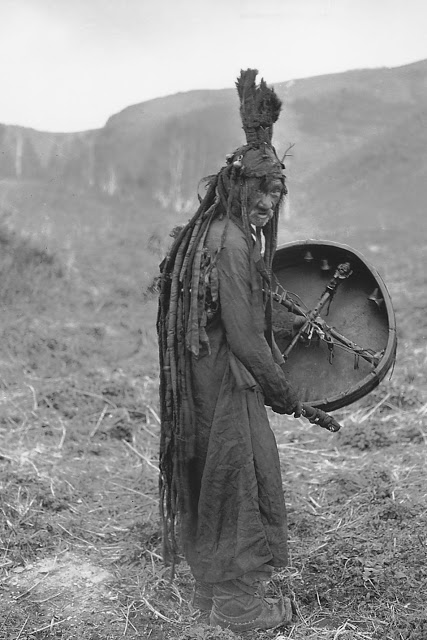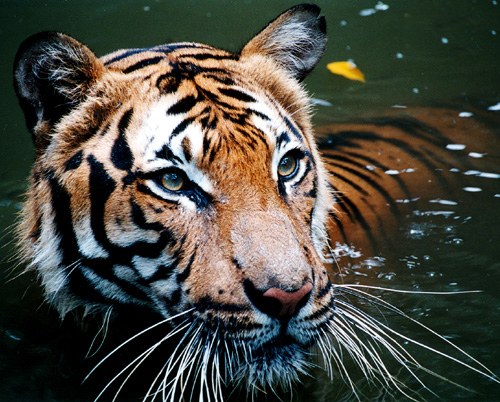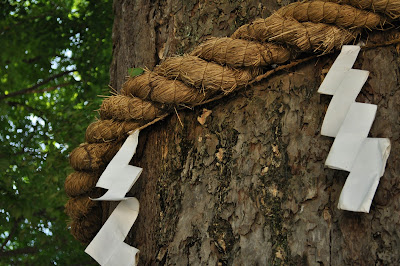"No one I think is in my tree
I mean it must be high or low
That is you can't you know tune in but it's all right
That is I think it's not too bad...
...Always, no sometimes, think it's me
But you know I know when it's a dream."
I mean it must be high or low
That is you can't you know tune in but it's all right
That is I think it's not too bad...
...Always, no sometimes, think it's me
But you know I know when it's a dream."
-Lennon/McCartney, Strawberry Fields
I love this pic of a Siberian shaman because I imagine I know exactly how he feels. I get this very strong feeling from it like he's saying, "I know I'm strange, stop looking at me!" In his line of work, probably if you never feel this way and if you never wonder whether you've simply gone mental, and you never feel uncomfortable about being profoundly weird, you're doing it wrong. No matter what, at some point or other I always question whether I've just gone round the bend. Who am I to say that I am right and consensus reality is wrong? Maybe I'm just defective in some way.
And every time, I smile, say "yep, could be crazy," and turn right around and do it some more. That's the other thing that comes with the territory. You are willing to put it out there, risk yourself. Most people leave this sort of thing alone. You have to be willing.
The gentleman in the picture has a swell drum. I don't have a swell drum, I don't have a drum at all, I have sticks. ;) Two nice chopsticks, like you would get at a chinese food place except without any lettering or anything, just two tapering sticks of blonde wood.
I used them today during my... what do I call it? Thanksgiving I guess, thanking various beings, but it isn't an organized ritual but rather quite a jumble, several things happening. I pour a little vodka in the little offering vial and light a tea candle in the shrine. I start out beating a rhythm with the sticks, trying not to think about the rhythm, just letting it come out of me. I make a few requests, problems I am working on and need help with. I start either thanking or well-wishing various beings, but then the trance kicks in and I start getting flashes of stuff. I start or stop beating the sticks according to some inner urging. I never chant, I wouldn't know what to chant and I think words would get in the way. If I were to chant, I would chant only sounds, not words. I get flashes...
...torrent of yellow autumn leaves falling down almost like a waterfall, leaves spinning slowly in the air, as if the leaves were a silk fabric rippling in the breeze... feeling of mortality... maybe just an expression of me always feeling like I am running out of time...
...Bare-chested, sitting in the dry grass, someone is rubbing something on my muscled back... it's not my back, not my body, much stronger... paint on my face... smell of fragrant sage... face set in determination, a challenge...
...different flash, hospital, that smell. That sickly hospital smell. Nurse going about her business, just another day for her. Someone is in a bad way. Is it me? Someone else?
What are these things, these flashes? I piece together a guess on the first one, I'm(?) being prepared for a Sun Dance. I feel it like I am there, but I don't know that it was(?) me. I don't know that it is in time past, I only assume so. They still happen today.
...What these flashes are trying to tell me is pretty much a total mystery... ...maybe nothing but static in the lines today.... ...noise in the Dreaming... ...they all know how to get my attention when they really want to...
...back to the present, finishing up my good wishes and thanksgivings. Depending on who they are, I either thank various beings for their help or send them well wishes or both. The list is heavily weighted with plants, some well wishes for a few animals, prayer for my cat, well wishes for the squirrels and birds and a request for forgiveness for bringing a new predator into their world. Cedar trees, common elm, cedar elm, fig tree, sycamore and live oak all get their thanks or well wishes as the case may be. In the case of known allies, holy things, or known helpers of some sort, it is always thanks. Cedar trees, live oak at the Hill, mother fig tree. In the case of "friends" it is well wishes. Thanks given to the spirits of air, the spirits of water. I remember a few people, many others that I should have included I forget to. Sticks beat or stay silent, when I beat them it feels like I am reaching for something but I never know what I am reaching for until I reach for it.
One way or another I wrap it up, blow out the candle, put away the sticks. Another day in the life of a weird person.
"What is the difference between assent and denial?
What is the difference between beautiful and ugly?
What is the difference between fearsome and afraid?
The people are merry as if at a magnificent party
Or playing in the park at springtime,
But I am tranquil and wandering,
Like a newborn before it learns to smile,
Alone, with no true home.
The people have enough and to spare,
Where I have nothing,
And my heart is foolish,
Muddled and cloudy.
The people are bright and certain,
Where I am dim and confused;
The people are clever and wise,
Where I am dull and ignorant;
Aimless as a wave drifting over the sea,
Attached to nothing.
The people are busy with purpose,
Where I am impractical and rough;
I do not share the peoples' cares
But I am fed at nature's breast."
-Lao Tzu, Daodejing, #20







.JPG)







